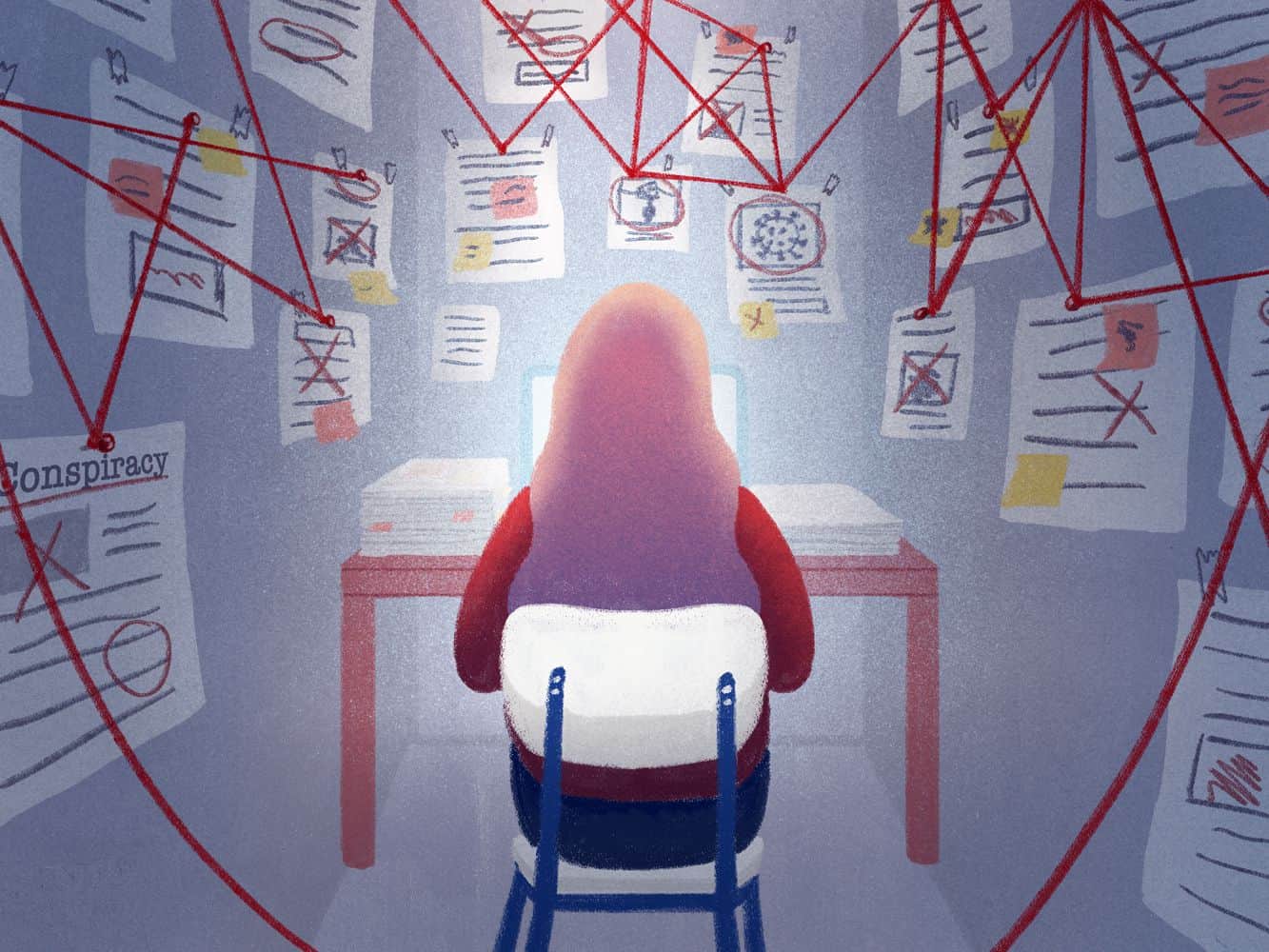Latest News
Conspiracy Theories: Why We Believe and How to Control It

For the sake of conversation, it is okay to discuss hypothetical situations. It can even be fun to think of different what-ifs. However, this becomes problematic if such thoughts become a driving force in life, such as those who regularly believe in conspiracy theories.
What is
A conspiracy theory is an explanation for a particular event or circumstance that attributes the cause to some covert organization with a secret agenda. While such thoughts are not new, many more people are starting to believe because of movies and blogs that claim these catastrophic past events were caused by secret societies. By the way, it can be a good essay topic. If you have trouble with writing you can pay for essays online.
Sadly, some people live their life thinking such plots are on-going. This is why some parents do not vaccinate their children; why some people avoid giving correct information to authorities; and why others avoid mass transportation.
Why some belief
It may seem absurd that others live their lives fearing some evil plot. But there are plausible explanations for why they may think this way.
- The need to understand
When something terrible happens, people usually want to know why. But when the given reasons seem inadequate, they search for a more solid explanation. This is why it is easy to believe conspiracy theories that pop up in newsfeeds since such theories often connect-the-dots more than the reasons given by authorities.
- The need to be in control
Aside from better understanding, believers of such theories feel they are more in control in some way. Knowing that a covert group is on the loose gives some people control over what to do. So when they make decisions using such “knowledge,” like not vaccinating the kids, they believe they are on top of the situation.
- The need for belonging and protection
It has been hypothesized that people who regularly face challenges in life may easily believe because these theories validate their present circumstances. Rather than a life of bad luck or incompetence, they attribute their situation to a “hidden enemy” that is keeping them, and others like them, down. Such thoughts make them “the good guys” somehow, unlike those who are out to rule the world.
How to overcome such beliefs
It can be frustrating to know your loved one makes decisions based on these conspiracies. Thankfully, it can be overcome without resorting to long-drawn debates that rarely ever work.
Promote real control
Researchers have found that people who pursue their dreams are less likely to entertain conspiracy theories. Such people believe that their present actions shape their future, which is why there is no need to blame shadow organizations.
So rather than debating with loved ones about conspiracies, have them focus on their goals. Ask them to list down their dreams, and help then brainstorm real ways to achieve them. Each dream achieved will reduce their tendency to focus on conspiracies.
Summary
Conspiracy theories can be entertaining when your favorite actor is battling sinister organizations on the screen. But if loved ones live their lives according to such theories, it is time to step in and help them regain control of their future. Good luck!
Addison is a student of the Aust Abbottabad University of Science and Technology. He started his graduation in 2016 and graduated in 2020. I’m a professional article and blog writer, has written dozens of content on different topics and worked with professionals all over the globe. Feel free to contact me for any assistance. [email protected]










